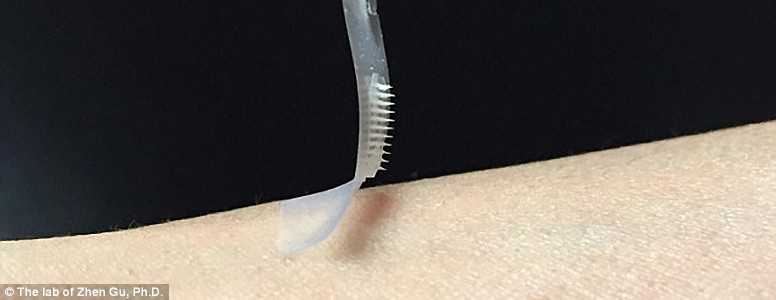42 per cent of people with type 2 diabetes are not confident managing their condition, according to a leading diabetes charity.
Diabetes UK> surveyed 2,722 people during Diabetes Week, and they are concerned that hundreds of thousands of patients are not appropriately informed about type 2 diabetes.
Despite NICE (National Institute for Health and Care Excellence) guidelines recommending diabetes education courses are offered to everyone with the condition, only 16 per cent in England and Wales are given the opportunity.
Receiving proper education on how to manage one’s type 2 diabetes is essential, and can prevent further complications developing in patients, such as blindness and stroke.
In addition to low levels of diabetes education, many CCGs (groups of GP practices) have also been restricting access to blood glucose testing in a bid to cut costs in the short-term.
A recent study, however, revealed that tight blood glucose control could reduce heart problems in those with type 2, and blood glucose testing can be important tool for people with type 2 diabetes.
Diabetes currently accounts for 10 per cent of the NHS budget. This could rise, though, if type 2 patients are not confident managing their condition and do not have the tools to do so, as there will be a greater risk of diabetes-related complications developing. Diabetes complications represent around 80 per cent of the NHS spending on diabetes.
If patients with type 2 diabetes receive diabetes education in addition to SMBG, as the NICE guidelines recommend, rather than having these diabetes management tools restricted, it is likely that patient confidence would improve and the risk of diabetes complications reduced.
The Type 2 Testing Program is one method of providing a structured plan to help you understand how food and lifestyle affects test readings. This can help users reduce their HbA1c and likelihood of developing diabetes-related complications.
What's new on the forum? ⭐️
Get our free newsletters
Stay up to date with the latest news, research and breakthroughs.





